HAIR LOSS, WHAT TO DO? THE COMPLETE GUIDE
Hair loss affects both men and women and its causes are diverse and varied. It can be minimal or significant, temporary or sometimes permanent. One thing is certain, hair is of major importance. Many people dream of healthy, dense and hydrated hair. So what can be done to prevent and reduce hair loss? We explain everything you need to know.
Why am I losing my hair?
Hair loss is a natural, regular and cyclical process. It is normal to lose about 50 to 100 hairs per day on average. However, when the loss is too significant, it is advisable to take the necessary measures to understand its origin and remedy it. Hair loss can be caused by various factors. These causes fall into two categories:
Hair loss in reaction to emotional or hormonal factors. In this case, we will turn instead to a treatment adapted to reactive hair loss .
Age-related hair loss. If you are affected, there are treatments available to slow down the progressive hair loss .
In both cases the major causes of hair loss are:
Heredity : Male and female pattern baldness, also known as androgenetic alopecia, is the most common cause of hair loss. It is often inherited from parents.
Hormonal imbalances : Hormonal changes, such as those occurring during pregnancy and menopause or due to thyroid disorders, can cause temporary or permanent hair loss.
Physical or emotional stress : Major life events, serious illnesses, surgeries, or heavy emotional stress can cause temporary hair loss. This phenomenon is called telogen effluvium.
Certain scalp conditions : Scalp conditions such as seborrheic dermatitis, psoriasis, or fungal infections can cause hair loss.
Poor diet : An unbalanced diet can lead to a deficiency of certain essential nutrients (proteins, vitamins, minerals) which can weaken hair and cause hair loss.
Medication side effects : Some medications, such as those used to treat cancer, arthritis, depression, heart disease, and high blood pressure, can cause hair loss.
Repeated physical trauma : Physical trauma such as excessive styling, wearing tight hairstyles, braiding causes severe pulling of the hair and can damage the hair follicles.
Age : Hair loss can also simply be associated with the natural aging process.
worried looking woman looking at hair that fell out while brushing
Hair loss in women
Hair loss in women can be due to the various factors listed above, but one of the main causes is female pattern baldness , also known as female pattern baldness . Unlike men, in whom baldness often manifests as recessive hair loss on the forehead and temples, in women it is characterized by a gradual thinning of the hair on the top of the head , with a widening of the central parting. This condition is usually inherited and is associated with an increased sensitivity of the hair follicles to certain hormones.
In addition to androgenetic alopecia, hormonal changes can also play a significant role in hair loss in women. Hormonal fluctuations during pregnancy, childbirth, and menopause can cause temporary hair loss. For example, decreased estrogen levels during menopause can contribute to hair loss. As mentioned above, in these cases, it is advisable to use a program that helps to effectively reduce reactive hair loss. Once the hair loss has been stopped, it may be interesting to give a boost to your hair that has undoubtedly been weakened by this episode. For this, we recommend the Luxéol Pousse Croissance & Fortification 90 capsules supplement . It helps the hair fiber to regenerate in depth for more resistance while boosting the growth of your hair.
Also note that underlying health problems that are quite common in women, such as thyroid disorders (hypothyroidism or Hashimoto’s thyroiditis for example) or polycystic ovarian syndrome (PCOS), can also contribute to hair loss in women.
Hair loss in men
In men, the main cause of hair loss is also male androgenetic alopecia, better known as male pattern baldness. This condition is usually hereditary and is caused by the sensitivity of hair follicles to dihydrotestosterone (DHT), an active form of testosterone. Male pattern baldness often manifests as a gradual thinning of hair on the crown and temples, often forming characteristic bald spots.
Can stress really cause hair loss?
Yes, stress can really be killing your hair! Of course, this varies from person to person and will depend on a number of factors. Stress-induced hair loss, telogen effluvium , is a condition in which a large number of hair follicles enter a “premature resting” phase, resulting in diffuse hair loss.
When you are under significant physical or emotional stress, your body can respond by releasing stress hormones, such as cortisol, which can disrupt the normal hair growth cycle . This disruption can cause more hairs to move from the active growth phase (anagen) to the resting phase (telogen), and thus accelerate the shedding phase (exogen), leading to increased hair loss.
Fortunately, stress-induced hair loss is usually temporary , meaning your hair will tend to grow back once the underlying stressor is addressed or the stressful situation is calmed or resolved. Especially since a care routine with suitable anti-hair loss products can help you restore strength and vigor to your hair more quickly. It should be noted, however, that chronic stress can affect the health of your hair in the long term.
For the well-being of your hair and your body more generally, it is essential to find a way that is specific to each of you to manage stress . Your lifestyle will play a decisive role: diet, hydration, sleep, regular physical activity, breathing exercises, cardiac coherence, meditation, walking, etc. You just need to explore and find the formula that suits you best. Do not hesitate to seek support from a competent health professional if you are experiencing difficulties alone.
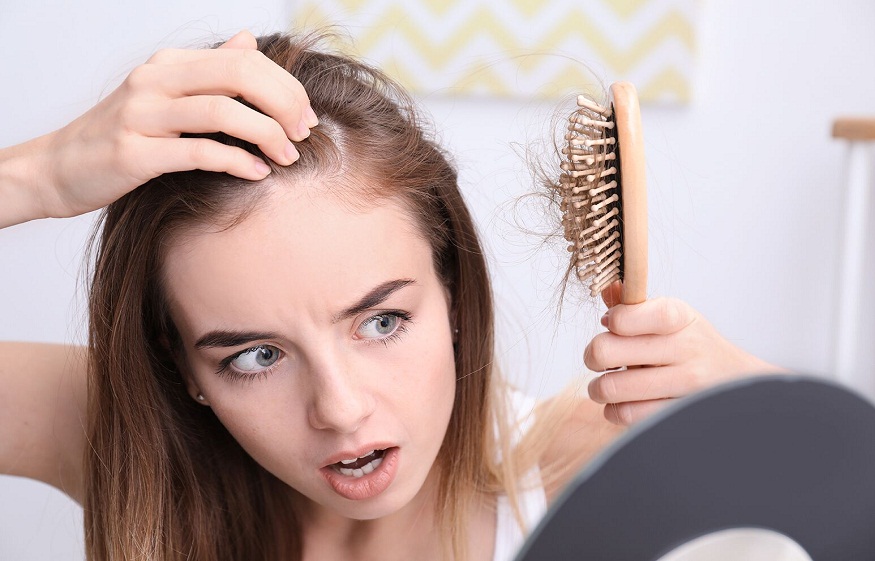
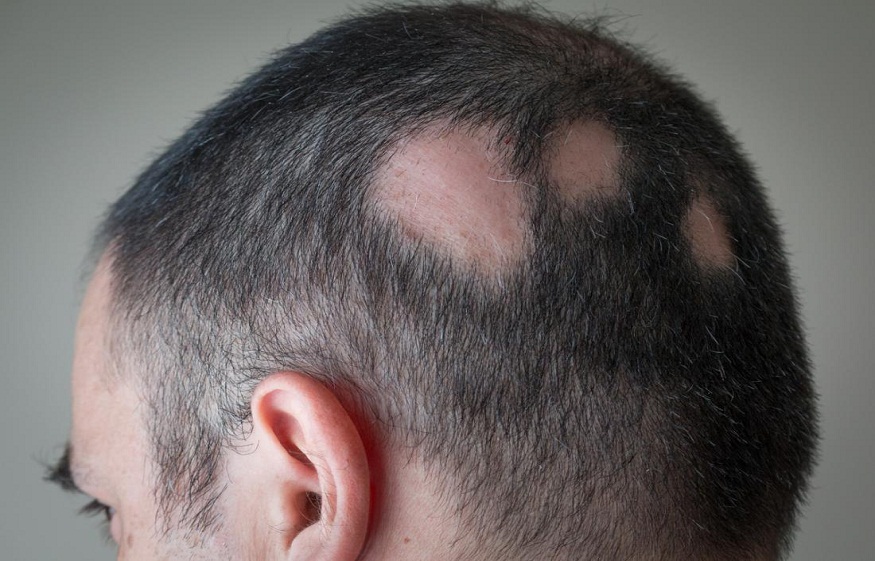




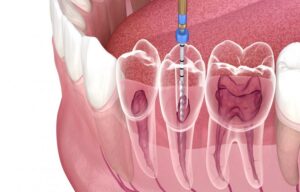
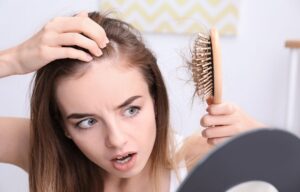


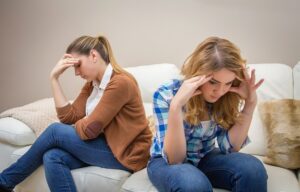
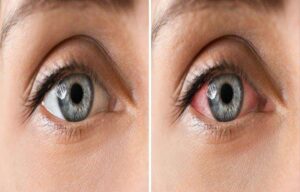
Post Comment
You must be logged in to post a comment.